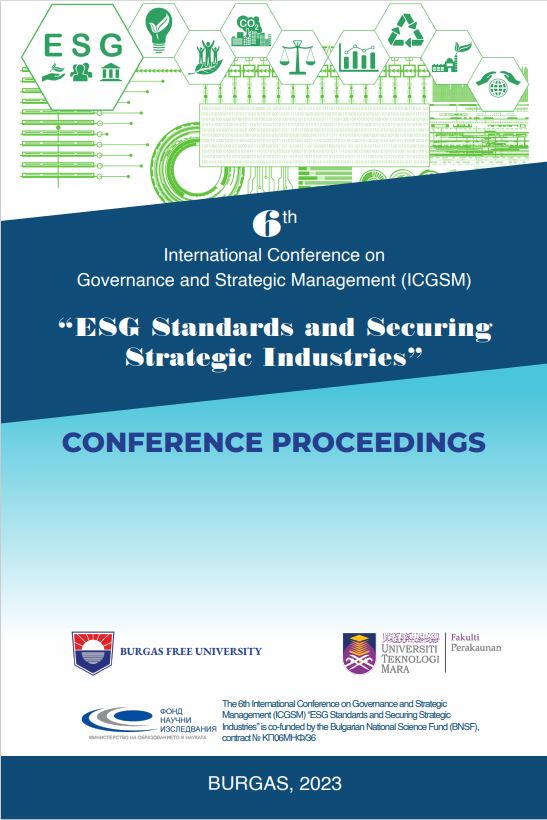BEYOND THE SOFT LAW- HOW THE LEGISLATOR CAN RULE THE SOCIAL RESPONSIBILITY?
BEYOND THE SOFT LAW- HOW THE LEGISLATOR CAN RULE THE SOCIAL RESPONSIBILITY?
Author(s): Renier Steyn
Subject(s): Law, Constitution, Jurisprudence, Essay|Book Review |Scientific Life, Conference Report, Law on Economics, EU-Legislation
Published by: Бургаски свободен университет
Keywords: Economic values; World Values Survey; gross national income; GNI; World Bank
Summary/Abstract: Values are often linked with nations or regions, and the relationship between values and behaviour is well established. Aim: The aim of the study is to provide a multi-dimensional description of economic values across several countries and to link these values with gross national income, a proxy to wealth. Method: Cross sectional country-level data on five economic values (from the World Values Survey) were related to GNI per capita data (from the World Bank). The relationship of each economic variable with GNI were calculated. Results: Compete data for 65 countries were available. The data revealed certain economic values (e.g., Private ownership being favoured above government ownership of business and industry) are significant predictors of GNI. Other economic values (e.g., Competition as being good or harmful) are not significant predictors of GNI. Discussion: Certain economic values are present in countries where levels of wealth is high. Formal or mainstream support for these values may contribute to wealth creation. Conclusion: Country-level wealth can be explained by differences in the economic values regarded in specific countries. Wealth may increase if these values are endorsed.
- Page Range: 74-83
- Page Count: 10
- Publication Year: 2023
- Language: English
- Content File-PDF

